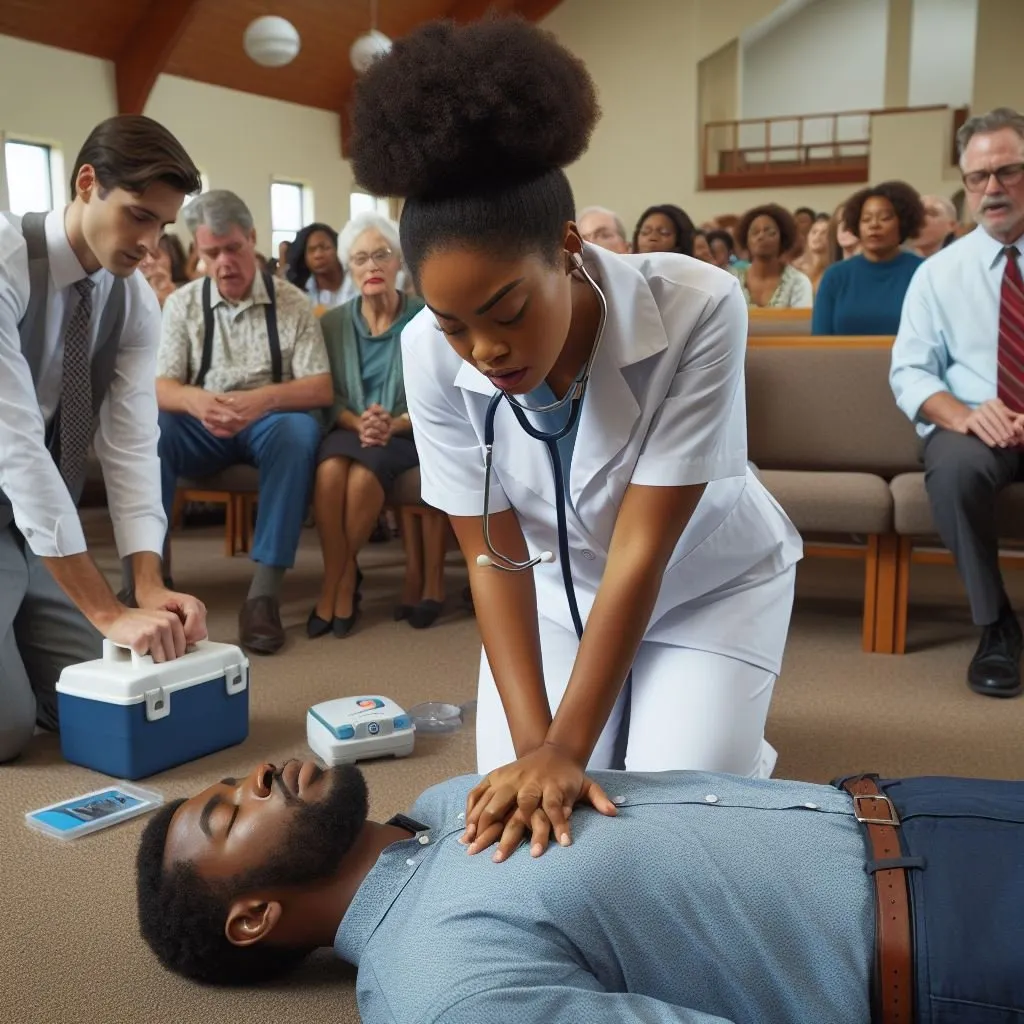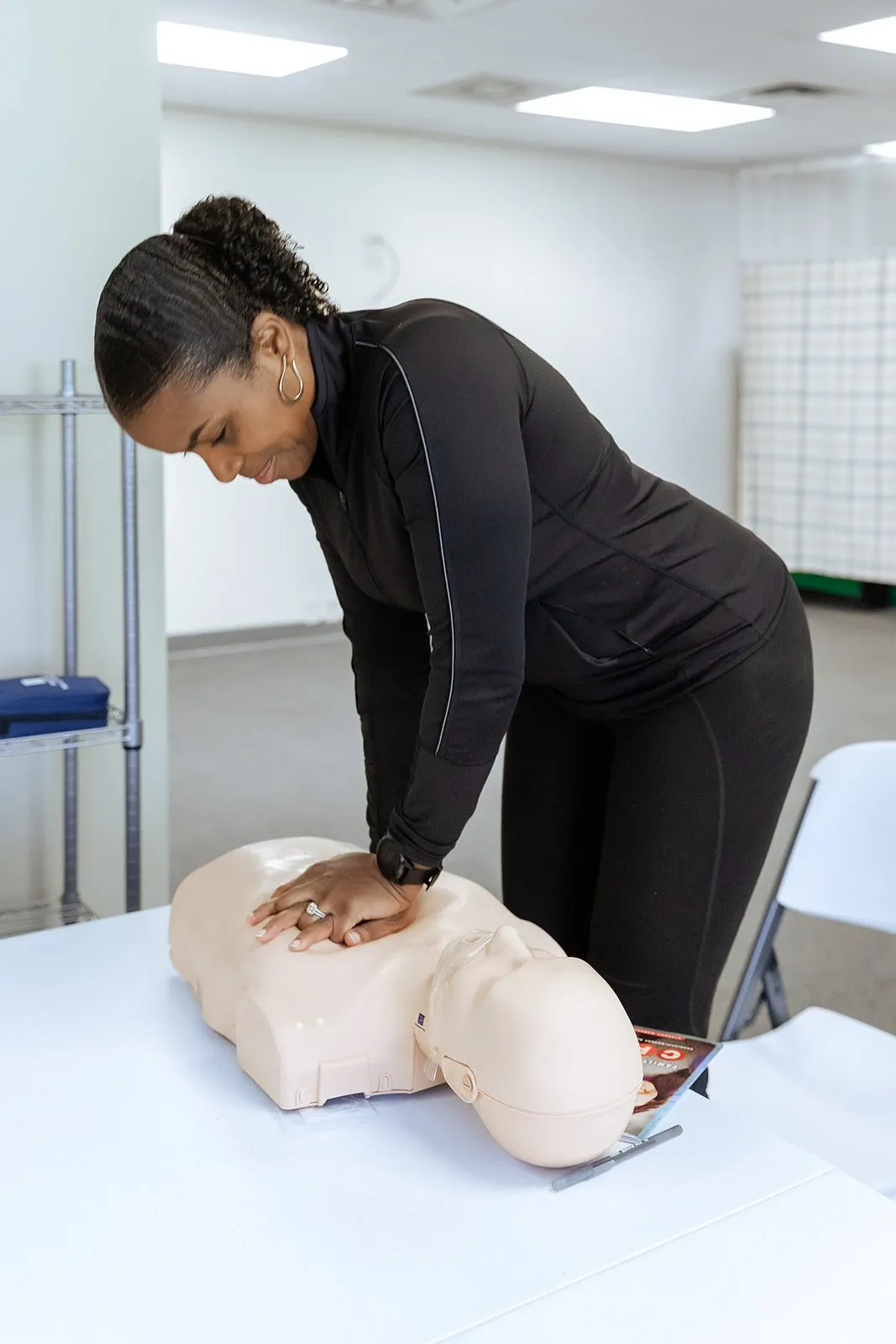CPR vs. BLS: A Clearer Guide to Life-Saving Skills
CPR vs. BLS: A Clearer Guide to Life-Saving Skills
Feb 15, 2024
Knowing how to react in an emergency can mean the difference between life and death. This article clarifies the essential differences between CPR and BLS certifications, helping you choose the right training for your needs.
What is CPR?
- CPR stands for Cardiopulmonary Resuscitation.
- It's a basic life-saving technique involving chest compressions and rescue breaths to keep oxygen circulating until medical help arrives.
- Anyone can learn CPR, and it's valuable for everyone, from parents to teachers to office workers.
- Online CPR courses are readily available and often sufficient for everyday situations.
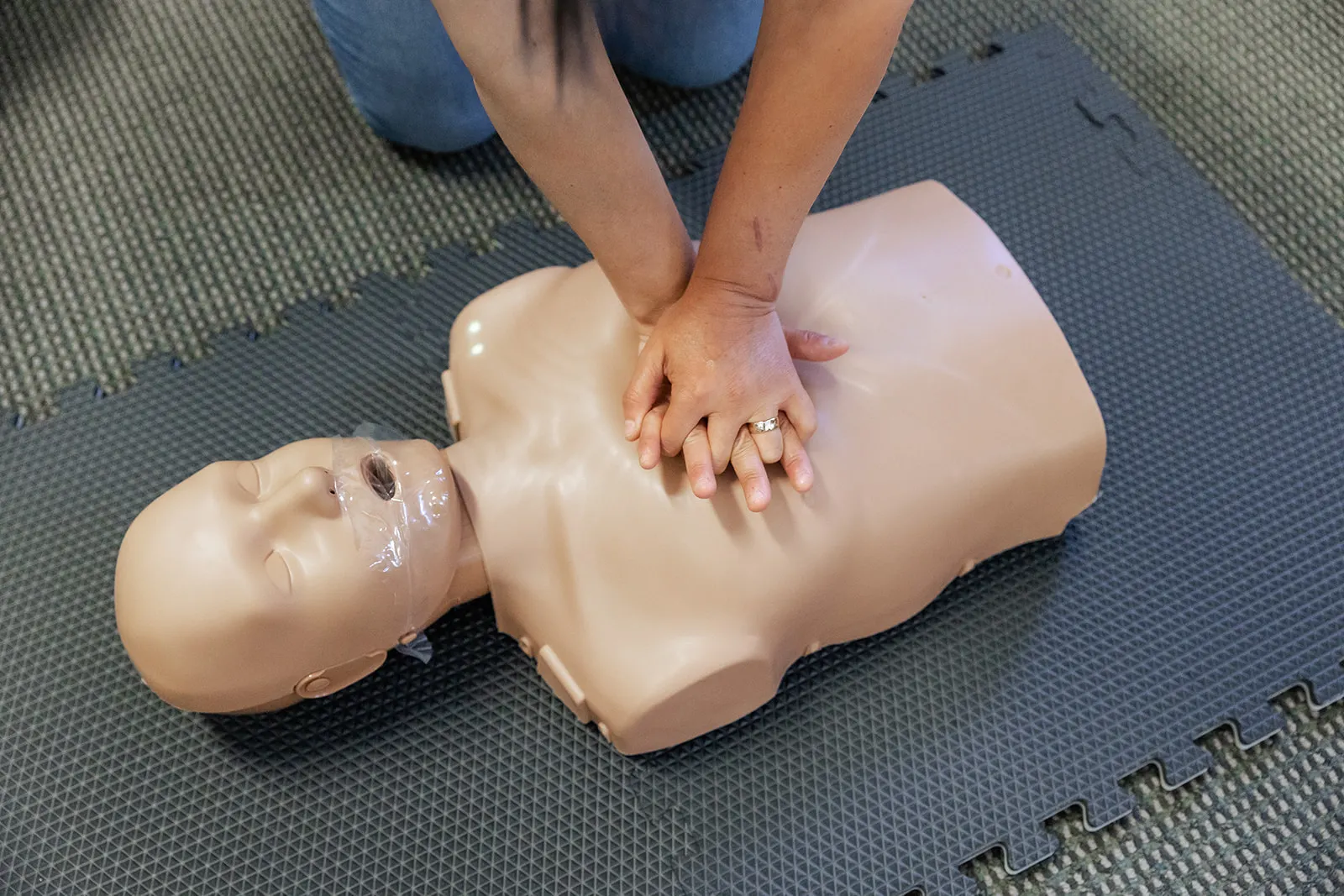
What is BLS?
- BLS stands for Basic Life Support.
- It's a more comprehensive certification designed for healthcare professionals and first responders.
- BLS builds on CPR and includes additional skills like:
- Airway management
- Oxygen administration
- Using an automated external defibrillator (AED)
- Team-based resuscitation
- BLS training is typically required for medical careers and may be offered partially online or in person with the American Heart Association's BLS certification.
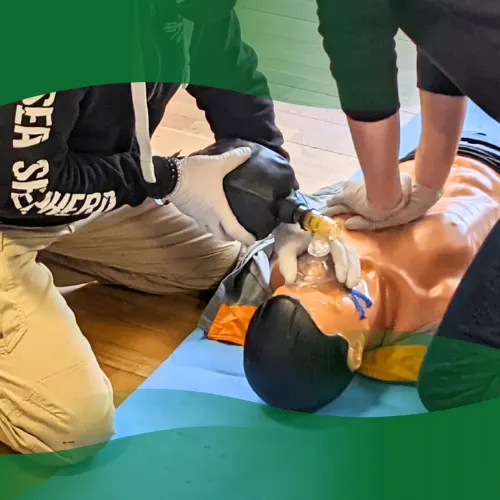
Choosing the Right Course:
- For basic lifesaving skills in everyday settings: Choose CPR certification.
- For a career in healthcare or first response: Opt for BLS certification.
- Consider partially online courses for convenience, but ensure they meet accreditation standards such as the American Heart Association (AHA) for healthcare workers.
Key Differences:
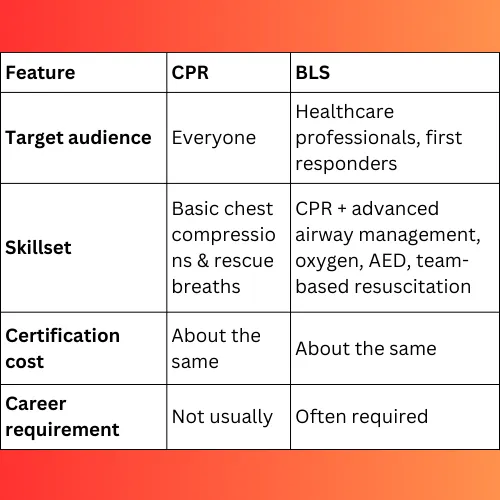
Remember:
- Both CPR and BLS are valuable skills that can save lives.
- Choose the training that aligns with your needs and professional goals.
- Regularly refresh your skills to maintain proficiency.
- CPR and BLS certifications last for 2 years.
- Renew before the certification expires.
- Schedule your class in Cincinnati, OH today at: https://www.hospitalmedsupply.com/info/cprschedule
If you don't see a time that works for you, call 513-822-8049.
Additional Resources:
- American Heart Association: https://www.heart.org
Disclaimer: This article is for informational purposes only and does not constitute medical advice. Always seek professional guidance for specific situations.


